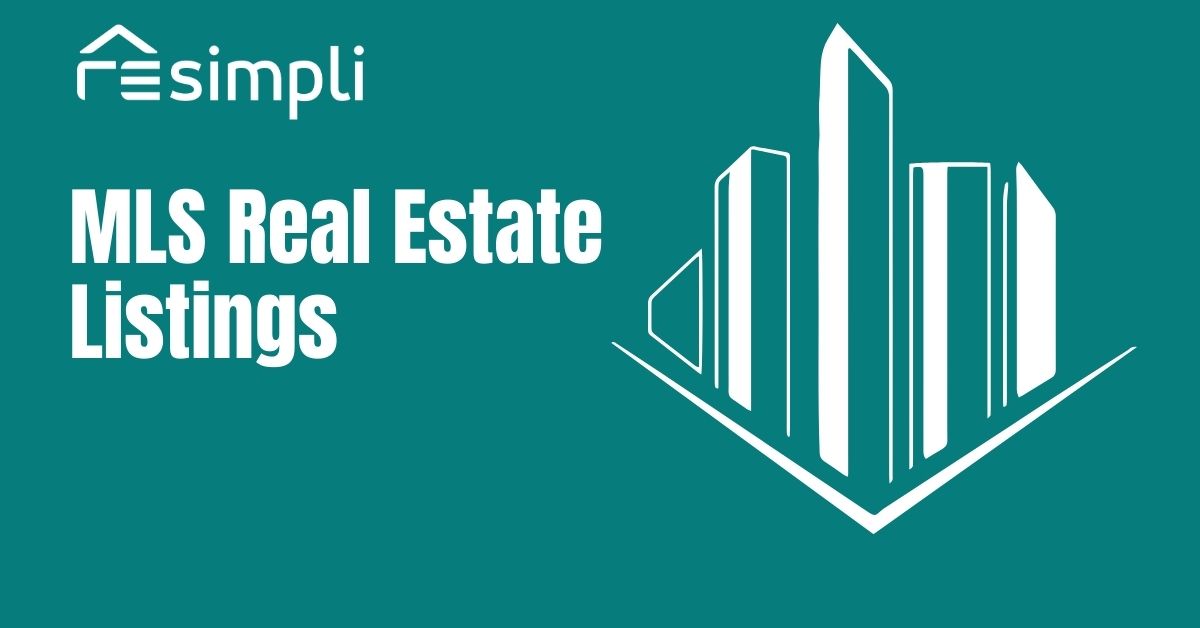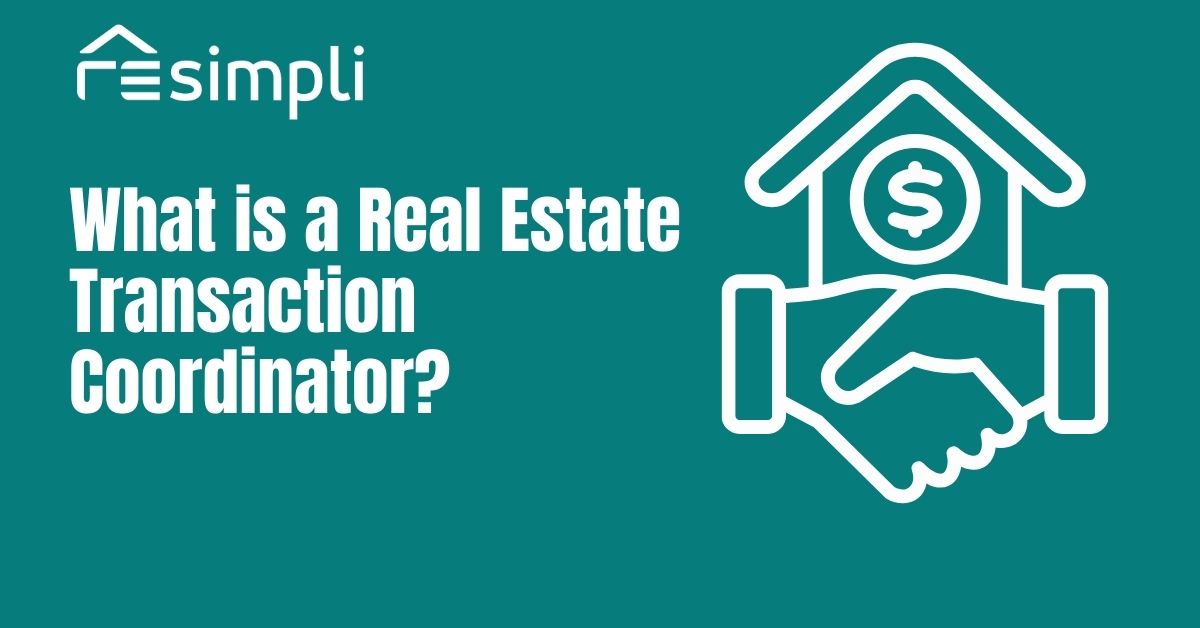The real estate sector is constantly undergoing serious shifts in the ways that people choose to market their services.
One concept that has gained considerable traction in recent years is real estate inbound marketing.
This tactical approach has the potential to invigorate the ways that real estate professionals reach and interact with their target audiences.
Throughout this blog, we’re going to delve into why and how this marketing model can be used in the real estate industry for agents and investors with specific business goals.
Understanding Inbound Marketing for Real Estate
Inbound marketing is the practice of attracting customers by creating valuable content and experiences tailored specifically to their needs.
The focus is to organically draw potential clients to your business, rather than pushing out generic promotional messages on mass hoping to snare the right leads.
The fundamentals of inbound marketing for real estate revolve around five key elements:
- Search Engine Optimization (SEO): Improving your website’s visibility in search engine results for better organic traffic.
- Social Media: Utilizing platforms like Facebook, Twitter, Instagram to engage with your audience.
- Blogging: Sharing knowledge and insights through informative blog posts to establish your real estate authority.
- Video Marketing: Showcasing property listings and market insights in an engaging format.
- Email Marketing: Communicating directly with potential and existing clients to nurture relationships and conversions.
By integrating these elements into your real estate marketing strategy, you can create a fairly comprehensive inbound marketing plan.
But remember, inbound marketing for real estate agents isn’t just about attracting leads to your business; it’s about truly providing value to these leads through the inbound marketing funnel so they become loyal clients for good reason.
Benefits of Inbound Marketing for Real Estate Agents and Brokers
Inbound marketing, when appropriately utilized, can be a handy tool in the marketing arsenal of real estate agents and brokers.
Here’s how:
Attract Qualified Leads: Inbound marketing focuses on creating valuable content that answers the queries of your potential clients.
This not only attracts visitors to your site but ensures that those visitors are qualified leads genuinely interested in real estate.
Build Credibility and Trust: By offering truly valuable insights and information, you position yourself as an expert in the real estate field, building credibility and trust among your audience.
This makes visitors more likely to come to you for your actual services, rather than just for answers to their questions.
Cost-Efficient: Compared to traditional marketing, inbound marketing can be completed in-house, making it generally less expensive.
This provides a higher return on investment (ROI), which is especially beneficial for agents and brokers operating on tight marketing budgets.
Long-Term Results: Inbound marketing efforts, such as the proper use of SEO-optimization, continue to yield results long after the initial work is done, providing a continuous stream of organic traffic.
Evergreen content is the name of the game!
Improved Client Retention: By providing consistent, sustained value through blogs, newsletters, and social media, you keep your audience engaged, which should lead to better client retention rates.
Inbound Marketing vs. Outbound Marketing
While both inbound and outbound marketing have their merits, they have massive differences in terms of approach and impact.
Outbound marketing, largely considered the more traditional form of marketing, involves pushing your message out to a broader audience.
While it can be targeted in terms of location and placement, it’s generally directed to large swathes of people irrespective of their interest in your services.
It includes tactics such as TV commercials, radio ads, print advertisements, and cold calls.
Though it can have a wide reach, the lack of targeting means that your promotions end up in front of uninterested parties, while the process can very costly.
Cold calls in particular are largely considered an intrusive way to market.
On the other hand, inbound marketing is considered more of a “pull strategy”.
By creating valuable content designed to appeal to your ideal clients, you attract them to your business naturally, and ideally keep them coming back for more.
Instead of reaching out to consumers, you’re drawing them in with something that they actually want.
This strategy is more cost-effective and tends to generate higher-quality leads.
While both strategies can play a role in a successful real estate marketing plan, understanding the distinction between inbound and outbound marketing is crucial for devising an effective strategy.
5 Most Popular Inbound Marketing Strategies for Real Estate
When it comes to real estate inbound marketing, several strategies can be deployed to attract, engage, and delight potential clients.
Here’s a deep dive into the most popular ones:
SEO
In any modern industry, a strong SEO strategy can be the difference between your website being found by potential clients or getting swept up by the choppy digital sea.
It involves optimizing your website content and structure to rank higher in search engine results.
Some tips for effective SEO include:
- Use Relevant Keywords: Incorporate relevant keywords and phrases that potential clients would use when searching for content related to your industry.
These could include terms like “how to sell a house,” “real estate tips,” or more niche keywords based on your specific offerings.
Note: It’s also important to consider the concept of “Keyword Difficulty”.
Some keywords will be searched a lot, but used all over the web – it’s important to choose relevant, but unique keywords to truly stand out from the crowd. - Optimize Images: Make sure all your images are high-quality, have descriptive file names, and include alt tags – the presence of strong visuals makes a big difference on search engines.
- Avoid Keyword Stuffing: It might be tempting to pack your content as many keywords as possible into your content, however
Google is smart enough to know the difference between a genuine or “stuffed” piece of content.
Use your keywords plentifully but wisely, otherwise you’ll be penalized on search engines.
Social Media
Social media platforms provide an excellent avenue to engage with potential clients, showcase listings, and share valuable content, while also offering the opportunity to build a clear, trackable following.
Here are a few tips for effective social media marketing:
- Use High-Quality Images and Videos: Real estate is a visual industry, thusly it’s vital to share compelling images and videos to enhance your posts’ impact.
- Engage with Your Audience: Respond to comments, participate in discussions, and create interactive content to build loyal relationships with your followers.
Note: beware of trolls! - Leverage Paid Advertising: Platforms like Facebook and Instagram offer paid targeted advertising options that can help you reach a larger audience.
Blogging
Blogging is a great way to establish yourself as an authority in the industry and attract more visitors to your website.
Tips for real estate blogging include:
- Provide Value: Write about topics that are helpful to your audience.
This could include market trends, buying/selling tips, or neighborhood guides – make sure to do some competitor research to figure out what it is that people are looking for. - Use SEO: Follow our SEO guidelines within your blog posts to gain more organic traffic.
- Promote Your Blog: Share your blog posts on your social media channels and through email newsletters to reach a larger audience.
Video Marketing
Videos are an excellent way to showcase properties, provide valuable insights about the market, and let your clients get to know your personality.
Effective video marketing tips include:
- Create Virtual Tours: Virtual tours of your listings can provide an in-depth view of properties that you handle, attracting potential buyers and showcasing your portfolio.
- Share Market Insights: Short or more in-depth videos about market trends can provide value to your audience and establish you as a knowledgeable resource – kind of like visual blogs!
- Promote Your Videos: Publish your videos across the different channels of your online presence, such as your website, social media, and email newsletters to increase their reach.
Email Marketing
Email marketing is one of the longest-standing forms of inbound marketing, and remains one of the most effective for maintaining and nurturing relationships with potential and existing clients.
Here are some email marketing tips for real estate:
- Send Personalized Emails: Personalization can enhance engagement and conversion rates.
Tailor your messages based on the recipient’s needs or behavior – avoid spam at all costs! - Provide Value: Whether you’re sharing your latest blog post or a new property listing, ensure your emails always have something valuable to share with the recipient.
- Use a Strong Call-to-Action (CTA): Encourage your readers to take action, whether that’s contacting you for more information, viewing a property, or reading your latest blog post.
Conclusion
Inbound marketing, with its focus on attracting, engaging, and offering value to clients, is becoming a mainstay in the real estate industry.
Implementing strategies like those described in this blog can enhance your online presence, build credibility, and attract high-quality leads.
In an era where consumers are seeking valuable, personalized experiences, embracing real estate inbound marketing could be your ticket to sustained business growth and success.
For more interesting pieces on the evolving industry, visit our blog.



